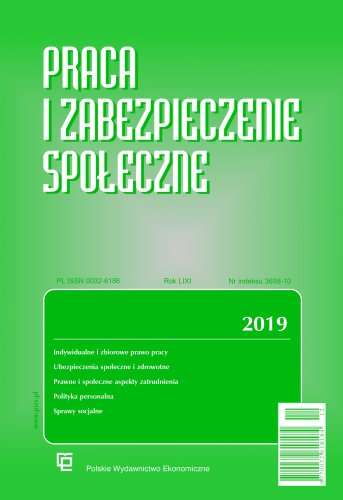To counteract the spread of COVID-19 with the Act of 2nd March 2020 on specific solutions related to the prevention, counteraction and eradication of COVID-19, other infectious diseases and crisis situations caused by them, the Polish legislator has introduced the possibility for the employers to instruct employees to work remotely without the prior consent of the employee. For the first time in the Polish legislation remote work has been defined in a legal act, but some practical questions regarding working conditions have not been regulated, giving to the employers a high level of autonomy in their interpretation. At the same time, other measures have been introduced to counteract the pandemic that included the closure of schools and nurseries, forcing employees to personally take care of children. Combining home office and care responsibilities has put significantly higher pressure on female workers, as the statistical reports demonstrate, increasing also the levels of unpaid womens' work. This research aims to analyze how the legal response of the Polish legislator affected the gender inequalities related to the work life balance, with special attention to remote work provisions and its implications on women. The analysis of statistical data and reports of the International Labour Organisation, with comparison to the Polish anti-crisis regulations, lead to some critical remarks on the impact of these regulations on further gender discrimination. The author concludes by formulating some proposals to deal with growing gender inequalities that have to be taken into consideration in the following legal response to the after-pandemic world of work.
Keywords: remote work; work-life balance; COVID-19; gender equality; unpaid women's work

